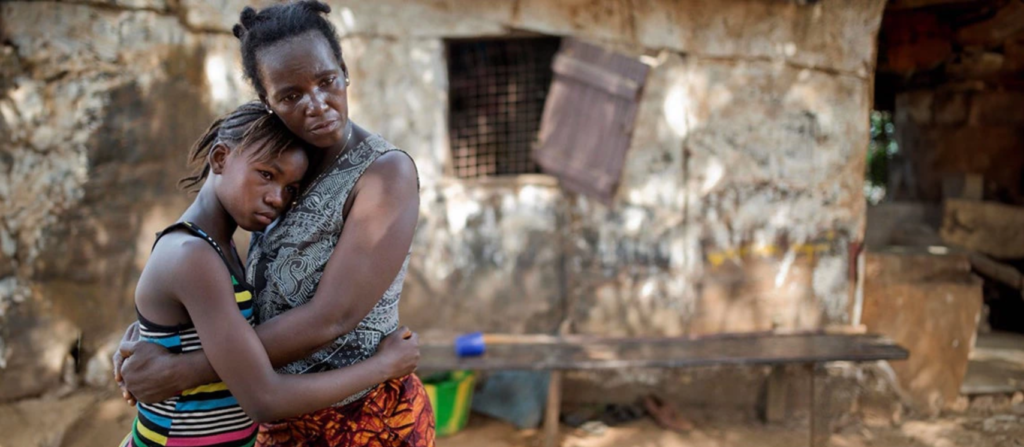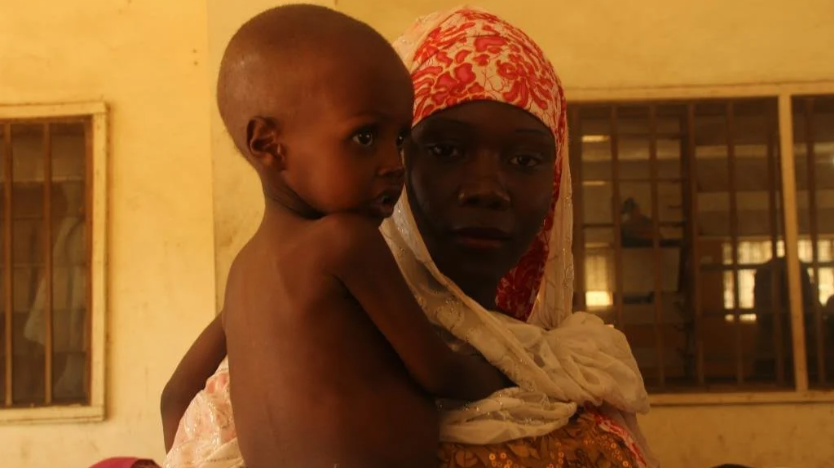Southeast Nigeria has transitioned from the bubble associated with commercial cities to a bloodbath zone. The public is saturated with reports of gruesome murders, allegedly perpetrated by foot soldiers of the Eastern Security Network (ESN). The ESN is the security branch of the proscribed Indigenous People of Biafra (IPOB). The group has championed pro-secession calls in recent times. However, IPOB has now distanced itself from the enforcement of the notorious sit-at-home orders, limiting it to IPOB memorable days and when their leader, Nnamdi Kanu, is to appear in court for treason charges. Despite these reductions in its modus operandi, sit-at-home compliance on Mondays has held in the region, including the brutal onslaughts on security institutions and perceived high-ranking individuals. Recently, two soldiers on personal engagements were beheaded in Imo, a state that has witnessed recurrent terror linked to the separatist group.
The continuance of terror despite IPOB\’s denial of involvement and security agencies\’ increased securitisation begs for answers. IPOB has insistently maintained its innocence in the fatal attacks despite Nigeria\’s security organisation\’s indictment. Three explanations are likely. First, IPOB is no longer in complete control of its foot soldiers. Second, IPOB has adopted an \’attack and deny\’ approach. Third, a new wave of criminality has enveloped the region. However, security operations have successfully raided some alleged hideouts of ESN in the southeast. Therefore, it should trigger an end to the era of terror.
The Nigerian government must focus on three things to salvage the southeast zone. First, increased securitisation is required to address the proliferation of armed gangs and criminality. However, security operations in the region should be strategic so as not to stoke existing propaganda of federal government-sanctioned oppression of southeasterners. This should involve local engagement to get the buy-in and collaboration of the region\’s residents to be part of their securitisation. Engaging the residents will mitigate the wave of violence, including its impact on counteracting negative narratives the federal government and security agencies suffer. It will also serve as a means of accountability for members of the public. Getting involved in securitisation efforts will prepare members of the public to keep security agencies in check and curtail stories of security high-handedness.
Beyond combative responses, achieving peace in the region should mean opportunities for communicative engagement. The Nigerian government should explore dialogue spaces for agitating groups to air their grievances. It will also weaken the support structure for separatist groups in the southeast, who may have found a voice in IPOB\’s championed secession struggle. Non-kinetic engagement is proof that the government is committed to understanding and solving the inherent challenges of the people in southeast Nigeria. It is also an opportunity to stem the tide of violence, which will further stretch government resources in handling multiple violent conflict vistas.
As a proactive effort and based on the principles of good governance, Nigeria\’s political leadership at all levels should cultivate the political will to ensure equal allocation of value across the nation. Given Nigeria\’s diversity, the perceptions of marginalisation and group dominance are likely. Hence, commitment to equitable distribution of state resources and recruitment into political offices will help stem the propensity of marginalisation claims that can undermine the country\’s stability and unity. Nigeria\’s multiple violent conflict scenes are pushing it to the brim of total collapse. However, the Nigerian government can redirect the slippery slope toward state failure with consistent, evidence-driven policy actions.


